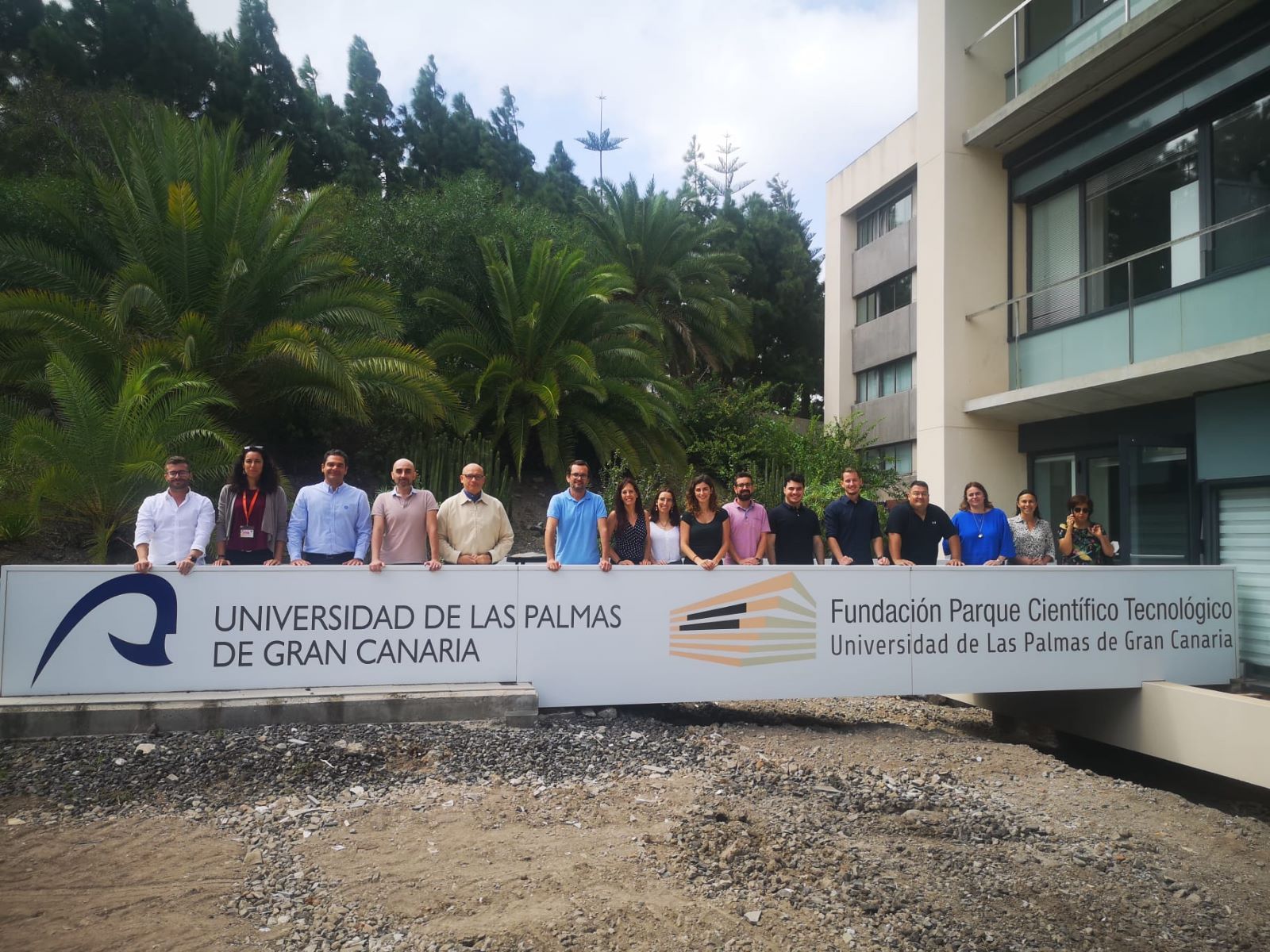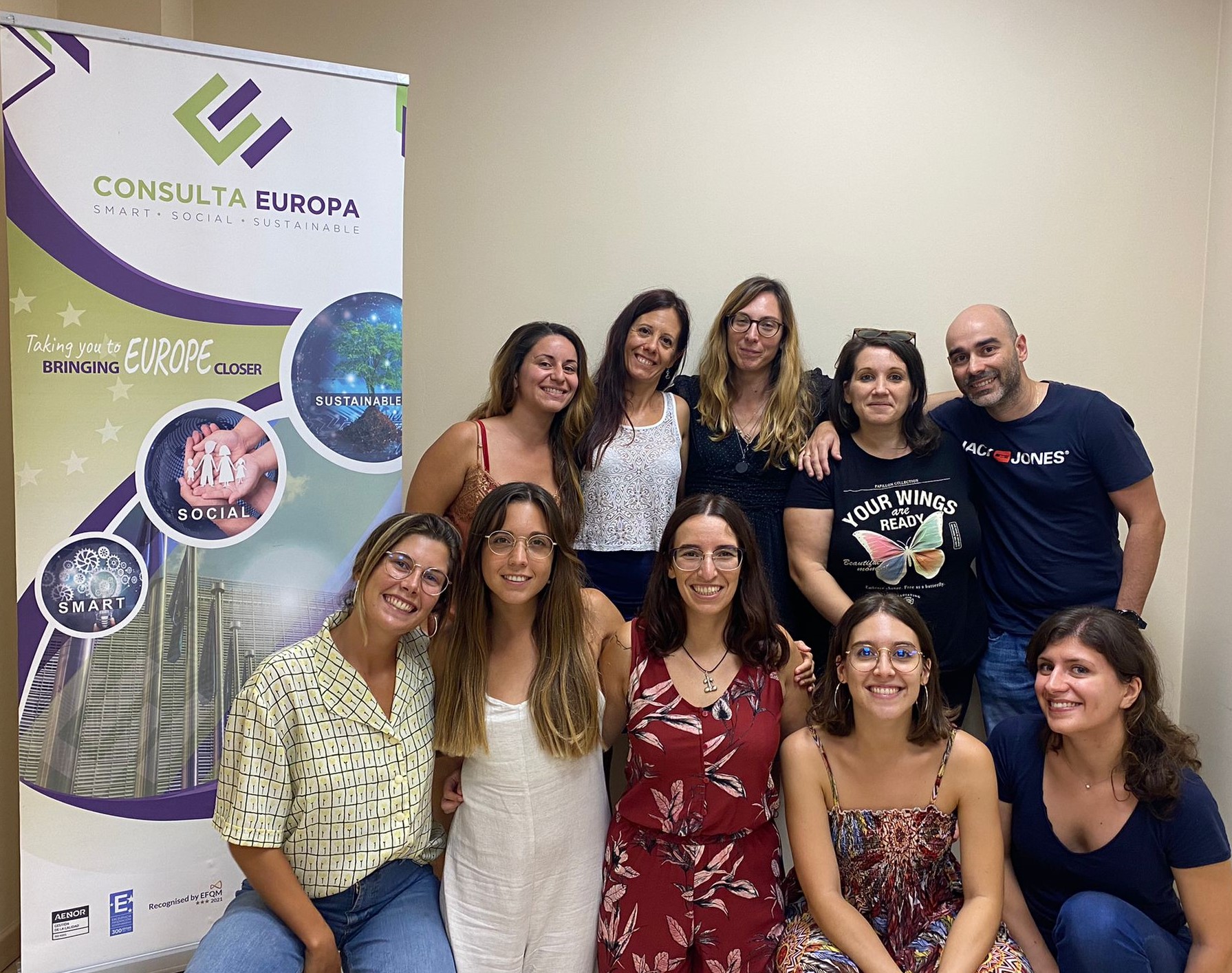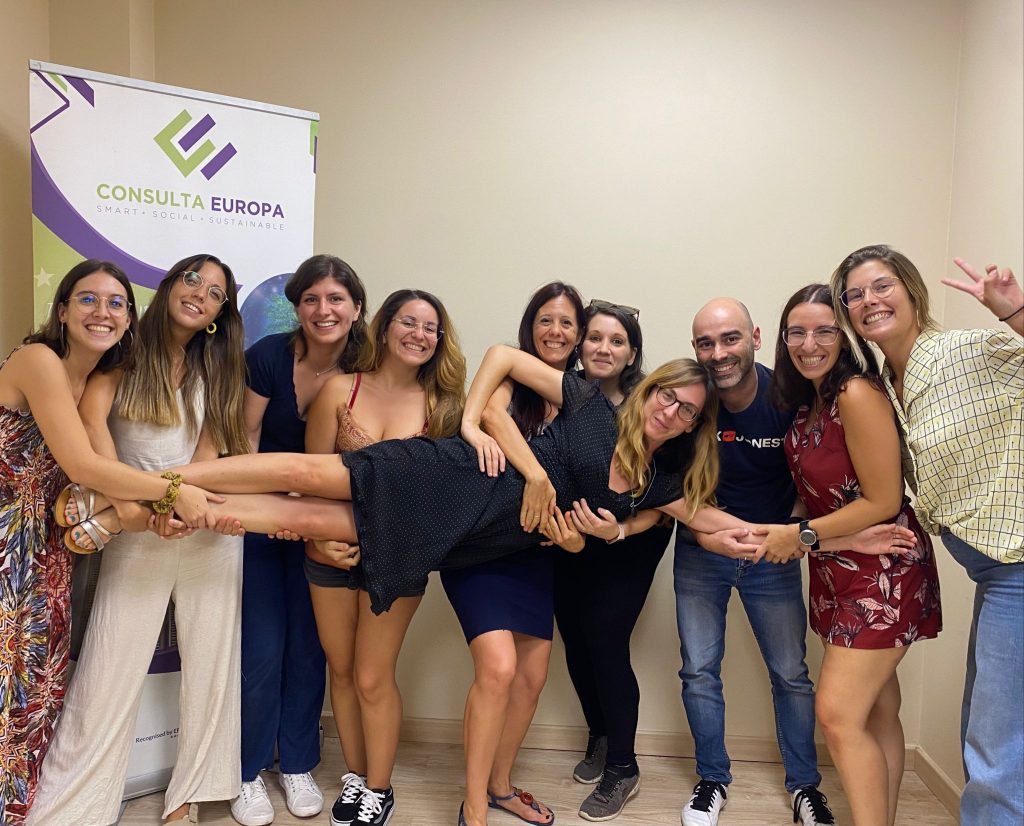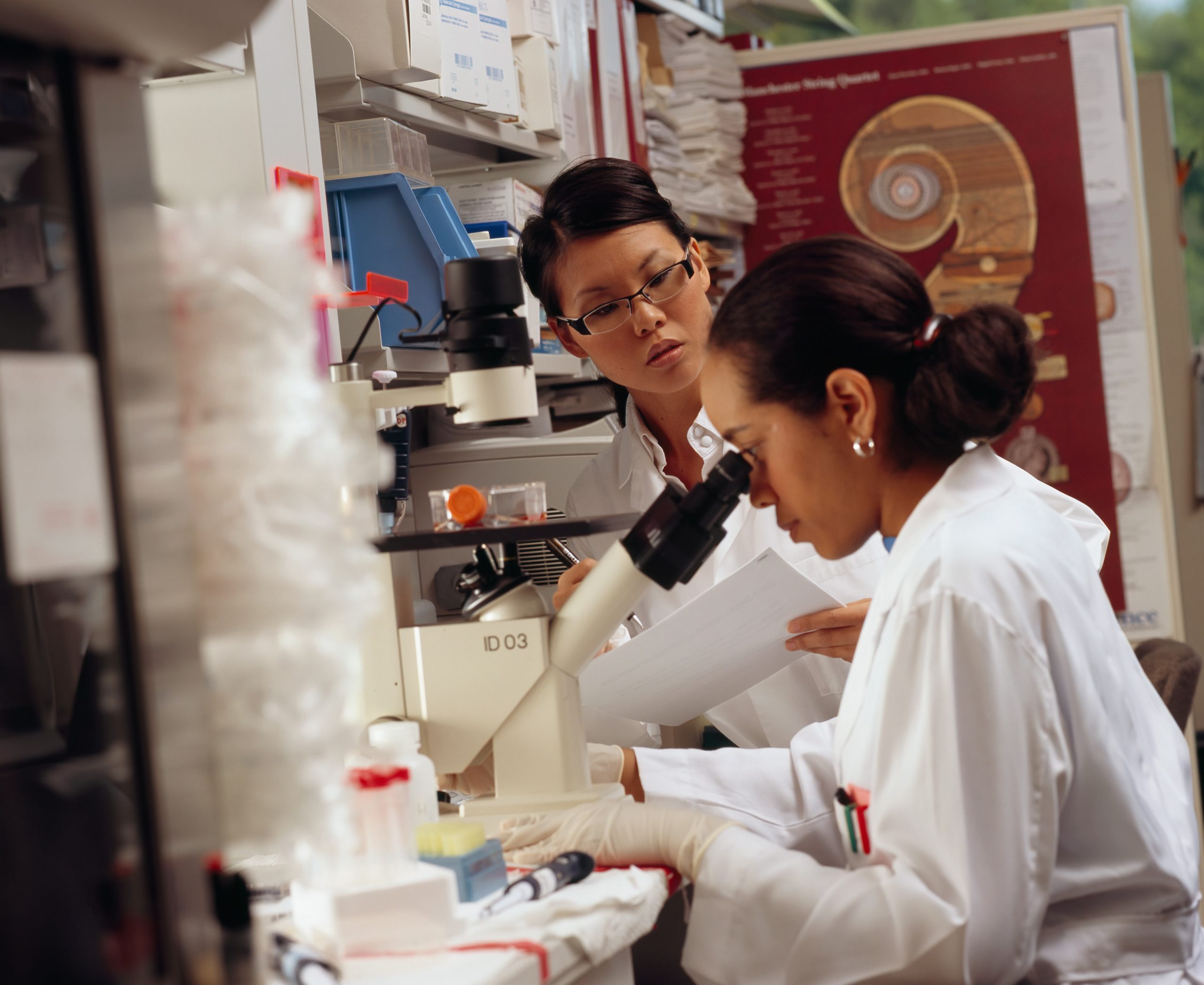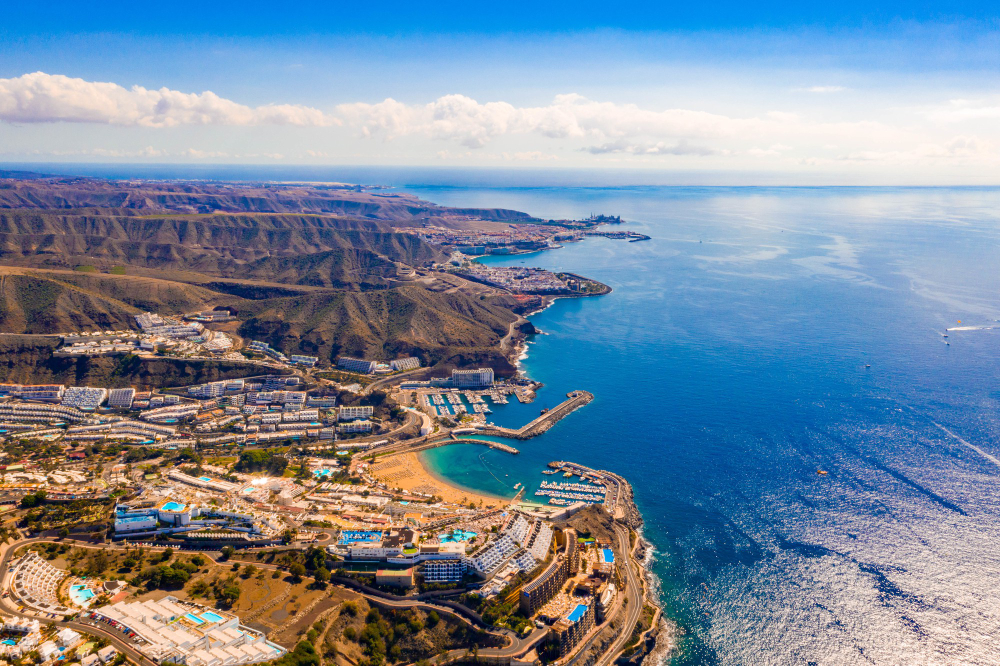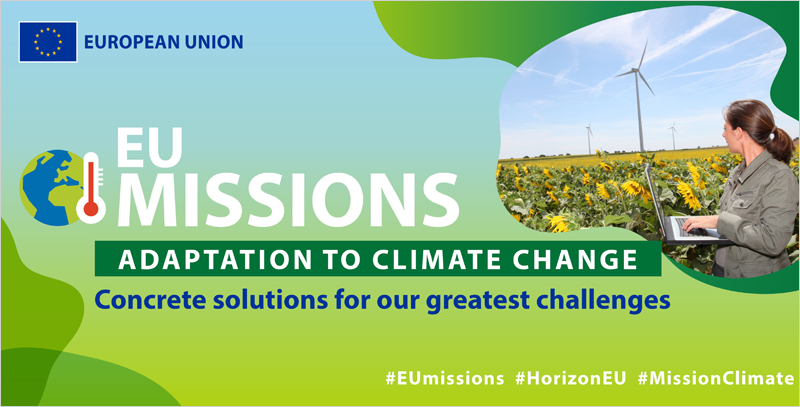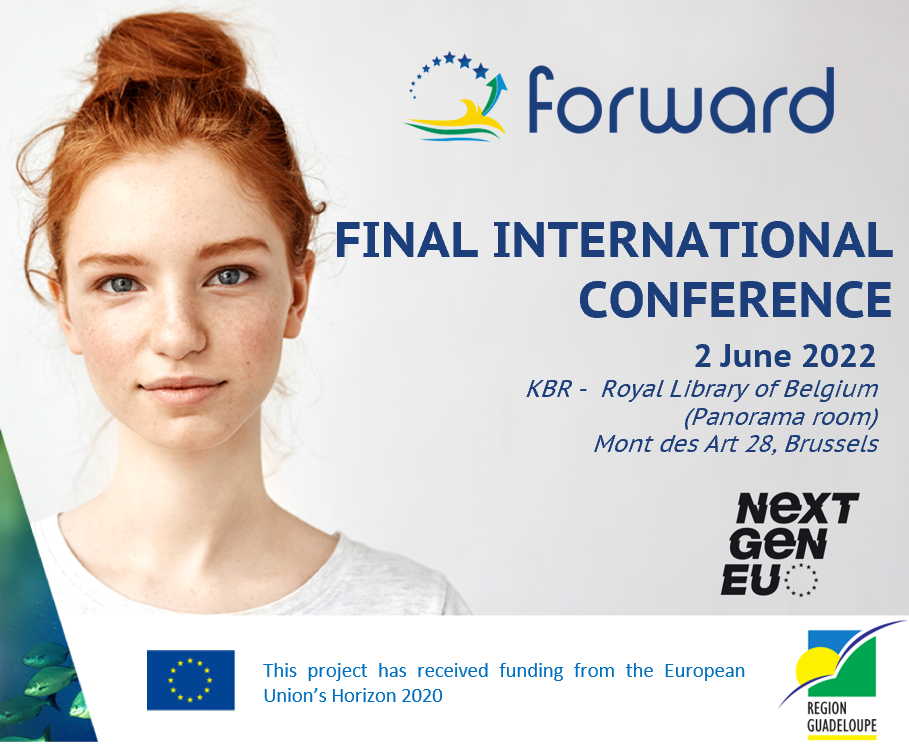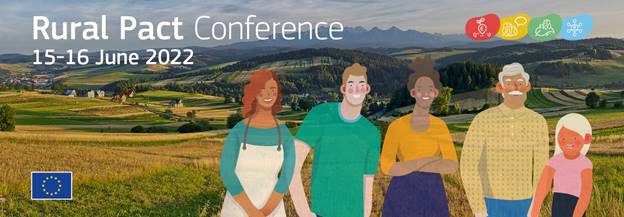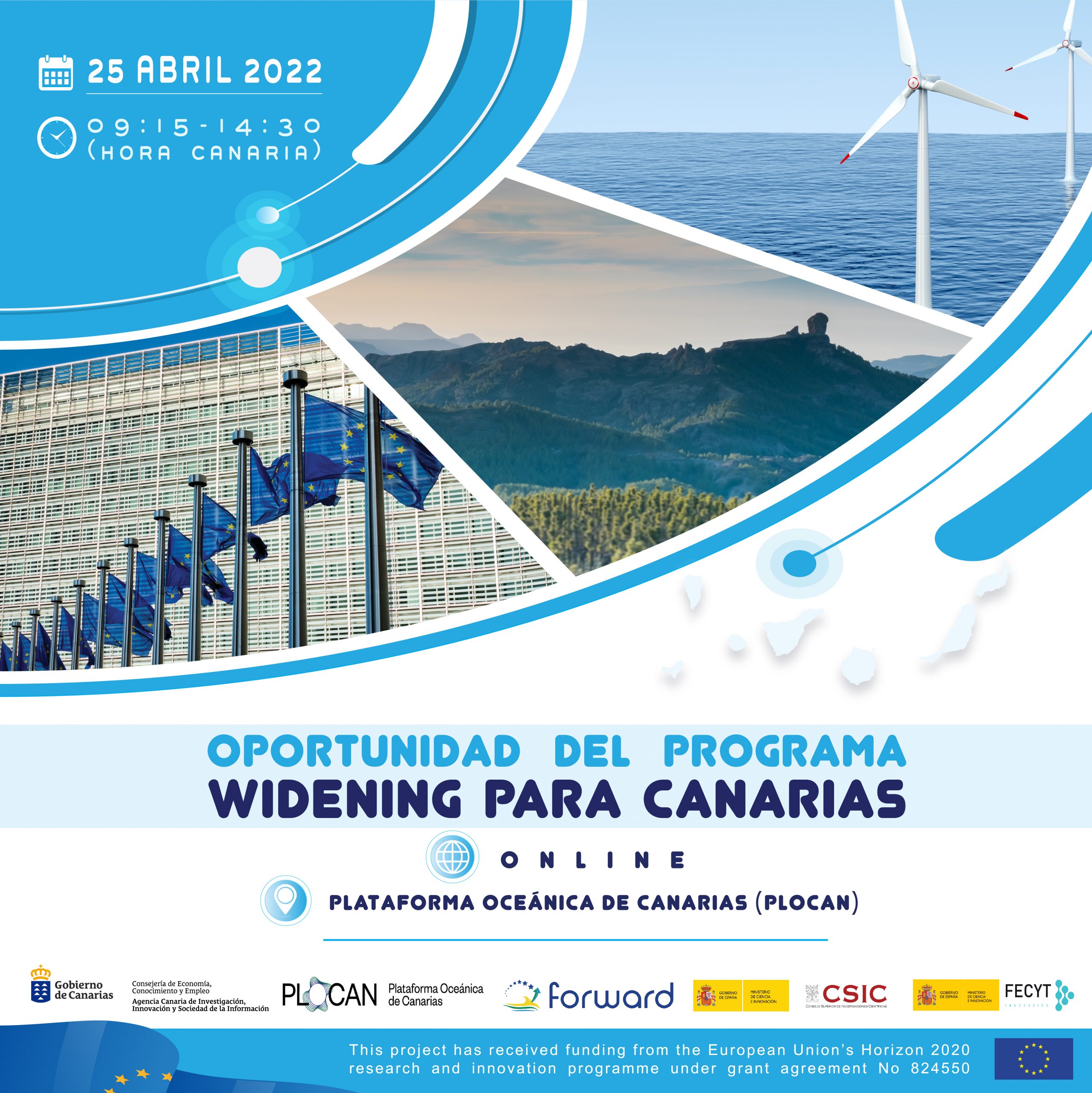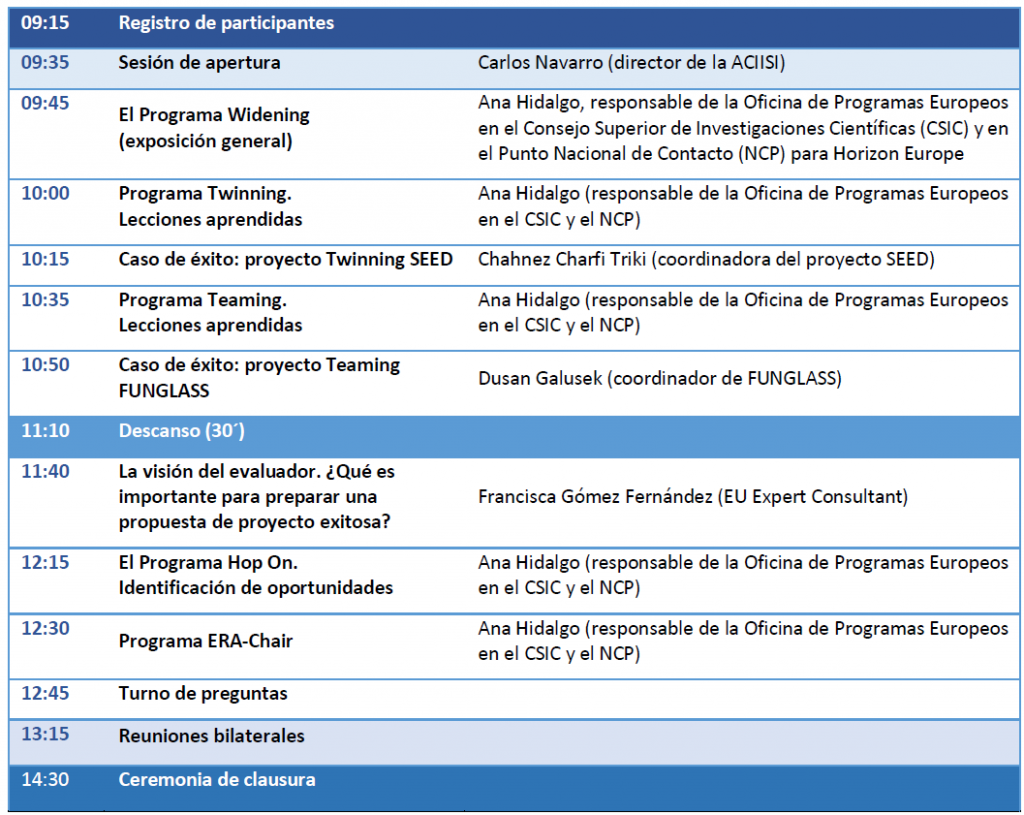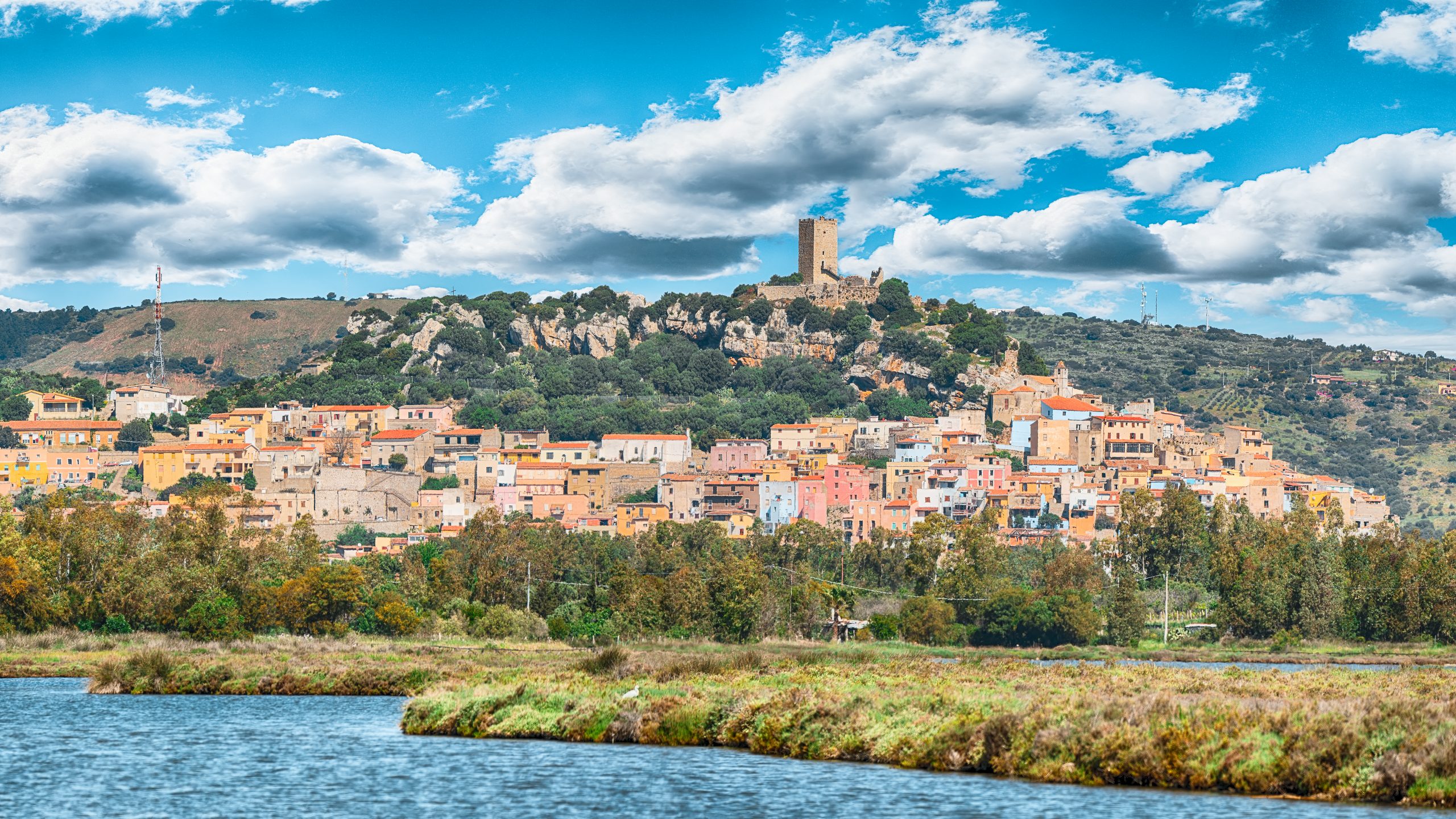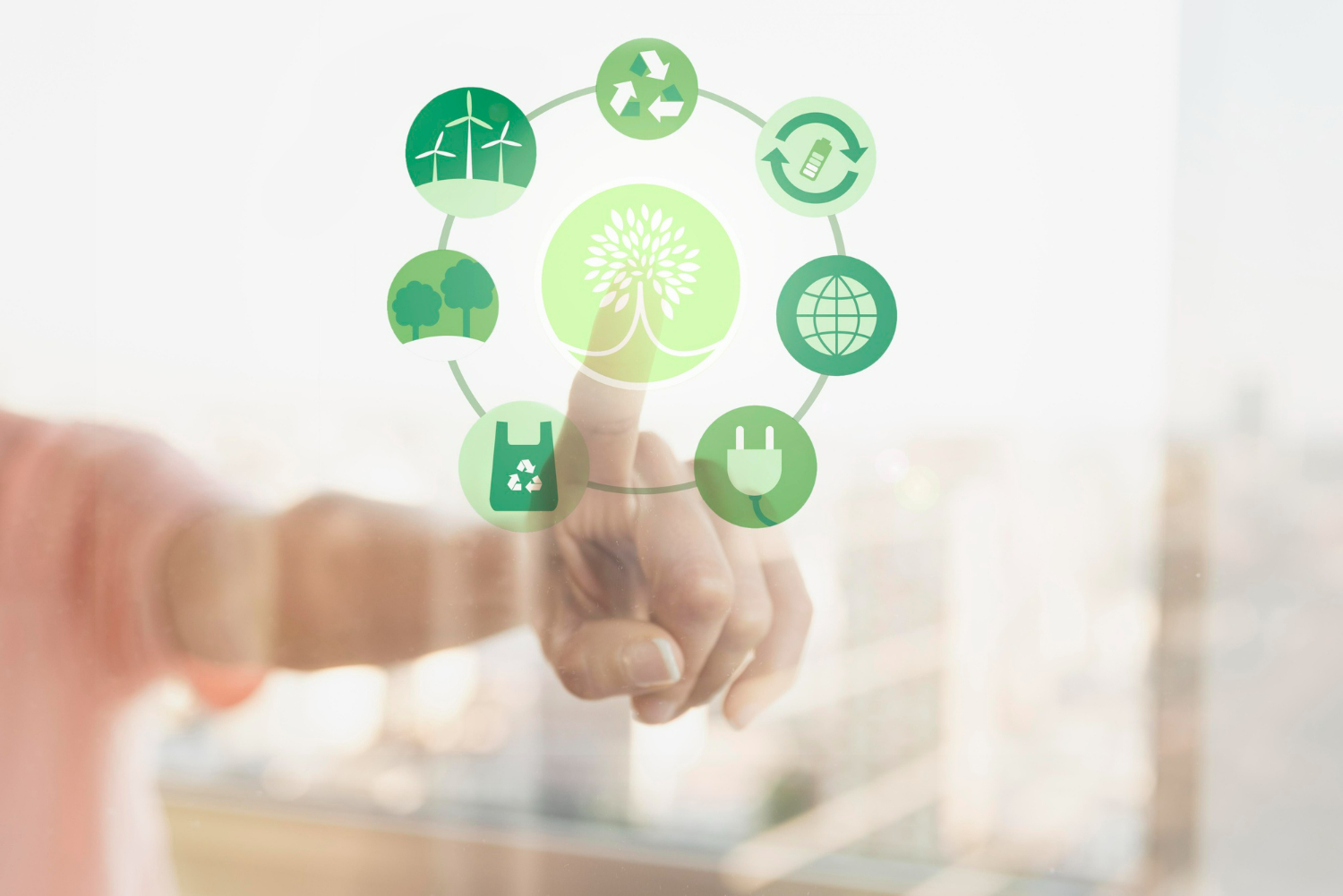The European project led by the University of Las Palmas de Gran Canaria will bridge the gap between university and private sector in the Canary Islands and Azores by bringing knowledge transfer opportunities, as well as enhancing scientific excellence and innovation capacity of the partnering universities and their role as drivers of economic and social transformation in their territories.
EXPER project partners already met in Gran Canaria to kick-off this Horizon Europe project led by the University of Las Palmas de Gran Canaria (ULPGC). The initiative, titled “Excellent Peripheries for a strong European Research Area”, is funded under the Widening programme, which aims at enhancing research and innovation capacity of Member States, Associated Countries and Outermost Regions (ORs) that underperform in terms of research and innovation. “EXPER will bring many opportunities related to knowledge transfer to the Canary Islands, dealing also with the connection between university and private sector, as well as intellectual property rights issues or the creation of spin-off base companies, something really important to us”, explained Sebastián López, director of Innovation and Technology Transfer of the ULPGC and coordinator of the project.
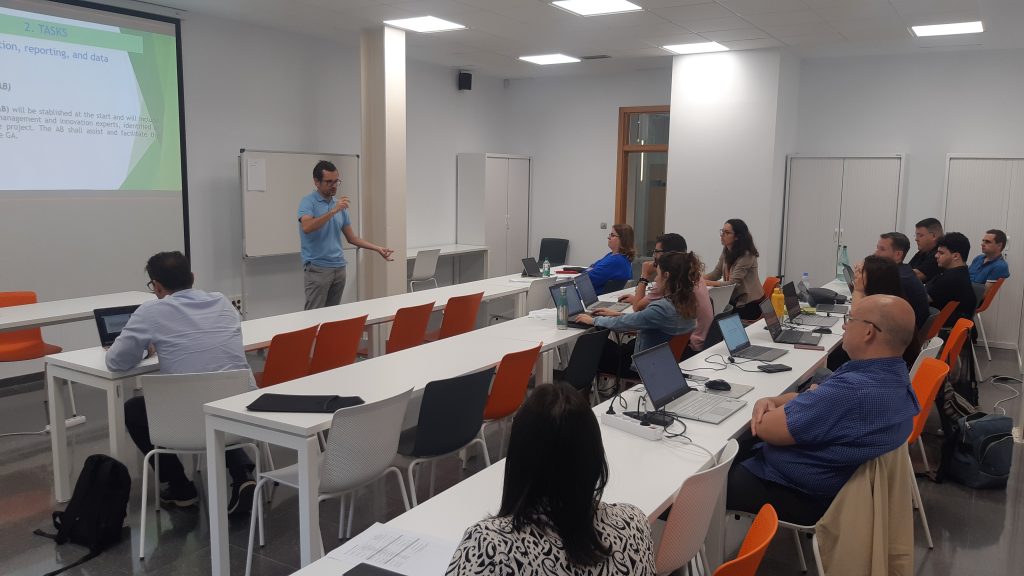
In this sense, the project will enhance scientific excellence and innovation capacity of the partnering universities and their role as drivers of economic and social transformation in their territories with a focus on research fields, addressing challenges and opportunities offered by the blue economy and circular economy. Cooperation between universities is also “very important”, as stated Arturo Gil, vice-rector of the Azores University for Science, Innovation and Knowledge Transfer. “We are implementing our knowledge transfer center and thanks to this project we can benefit from universities in Germany or Italy”, added Gil.
The two universities will work in close collaboration with all actors of the innovation ecosystems in each of the two outermost regions. “This project will give us the opportunity to explore how to improve communication channels, so that companies can access all the research activity carried out at the university”, said Alma Cruz, head of ITC’s Innovation Department. “We want to give voice to the small companies that have come out of the university, bringing ideas from universities to the market”, commented Alice Gervasoni, coordinator of the R+D+i Department of the EMERGE Association. Innovation actors involved from the Canary Islands are the Scientific and Technology Park of the University, the Technological Institute of the Canary Islands (ITC), Canary Islands Society for Economic Promotion, EMERGE and Consulta Europa. In the case of Azores, the Science and Technology Park will represent the business community.
The participation of the business sector is key in EXPER, since the project will put in place a series of capacity building and supporting activities for knowledge transfer and the creation of spin-offs. In doing so, ATRINEO, a German SME specialized in knowledge transfer and exploitation, will play a key role in commercialization and innovation activities. “We will support the universities with capacity-building activities and individual cases related to topics such as IP, patterns or market research, helping them with spin-up creation too”, explained Néstor Rodríguez, managing director from the German-based company.
At the same time, the project aims at involving the non-profit sector and the civil society to ensure that the knowledge produced in the universities will help territories in addressing current and future societal challenges. To achieve this, social innovation will be fostered in the project along with technological innovation, and specific awareness raising, and communication activities will be deployed to reach the society. To do so, the project counts with a budget of 1,95M€, funded 100% by the European Commission. EXPER counts also with an Advisory Board composed of experts in research and innovation from the countries participating in the consortium.
During the kick-off meeting, partners have agreed in the steps to be taken in the next two years. The first year will be devoted to performing an assessment of the innovation performance of the two outermost regional innovation ecosystems. Based on that, at the beginning of the second year of activity, an Action Plan will be developed per each region to enhance innovation and foster international cooperation in sectors related to the Blue Economy and Circular Economy. The activities foreseen in the Action Plan will be then implemented during more than one year with the support of the partners from Italy and Germany, also involving the quadruple helix representatives from Azores and the Canary Islands.

